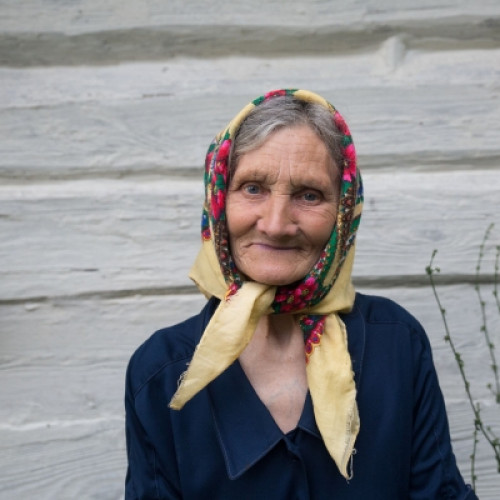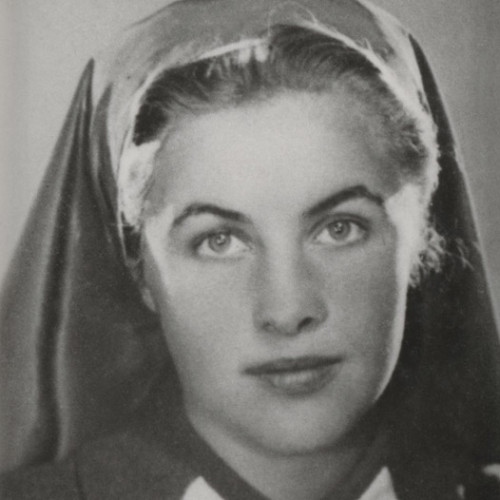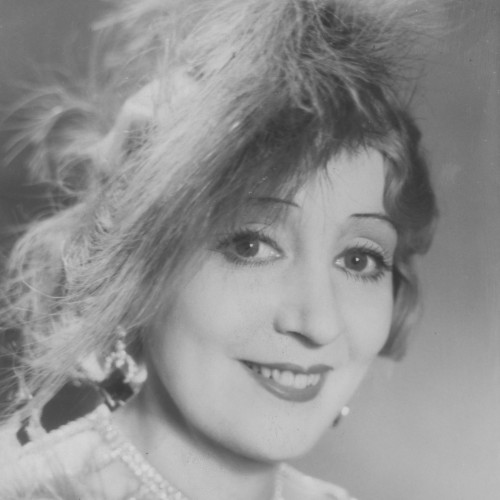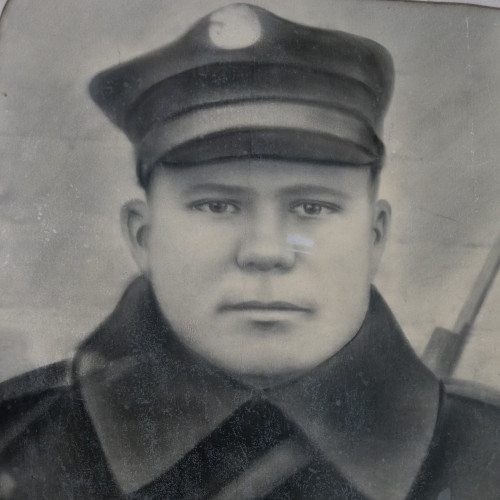Ołeksandra Wasiejko z d. Łukaszko (ur. 1946) - Instytut Pileckiego

During the Volhynia Massacre in the summer of 1943. Over the next seventy years Oleksandra Vaseyko kept alive the memory of the victims, bringing flowers to their graves and keeping them in her prayers.
During the Volhynia Massacre in the summer of 1943, Ukrainian nationalists systematically attacked and murdered Poles living in the eastern provinces of the country. The majority of those killed were buried in mass graves, the locations of which remain unknown to date. Before 1939, Kalennyk Lukashko, Oleksandra’s father, was on very good terms with the Polish residents of neighboring villages. When during the War the Ukrainian Insurgent Army commenced its campaign of anti-Polish violence, he shunned from his fellow Ukrainians and provided aid to three Poles who had survived the massacre and hidden in a forest close by. Learning a few days later that they had been murdered, he buried them and pointed out their last resting place to Oleksandra, 6 years old at the time, marking the spot with crosses cut out in the bark of some nearby trees. Over the next seventy years Oleksandra Vaseyko kept alive the memory of the victims, bringing flowers to their graves and keeping them in her prayers. She also helped Polish archeologists uncover the mass burial sites of Poles murdered in Wola Ostrowiecka and Ostrówki.
fot. Znak Publishing
See also
- Ilona Andrássy de Csíkszentkirály et Krasznahorka

awarded
Ilona Andrássy de Csíkszentkirály et Krasznahorka
(1917–1990)Following the outbreak of the Second World War, Ilona Andrássy was working together with other aristocrats, established the Hungarian-Polish Refugee Welfare Committee in Budapest.
- Elna Gistedt-Kiltynowicz

awarded
Elna Gistedt-Kiltynowicz
(1895–1982)Warsaw audiences adored her. For Elna Gistedt from Sweden, Poland became a second home when she married industrialist Witold Kiltynowicz in 1922.
- Petro Bazeluk (1903–1949)

awarded
Petro Bazeluk (1903–1949)
Mykola Bazeluk said that there was no difference between who was a Pole and who was a Ukrainian in Volhynia before the war. That all changed in 1943, when, as he put it, “Brother turned on brother.”


